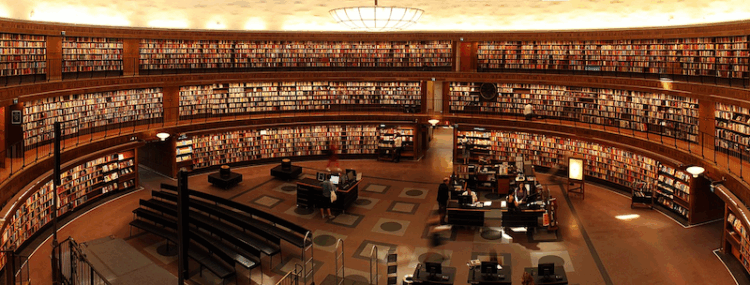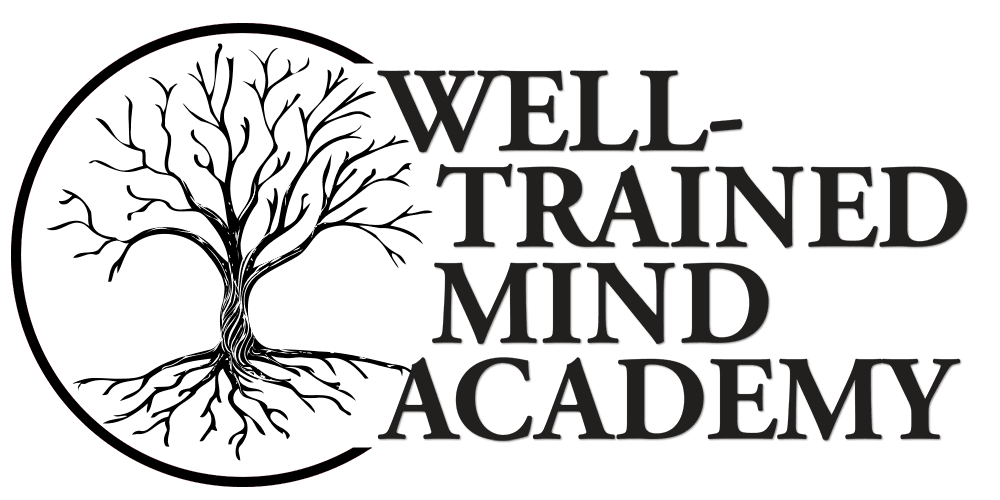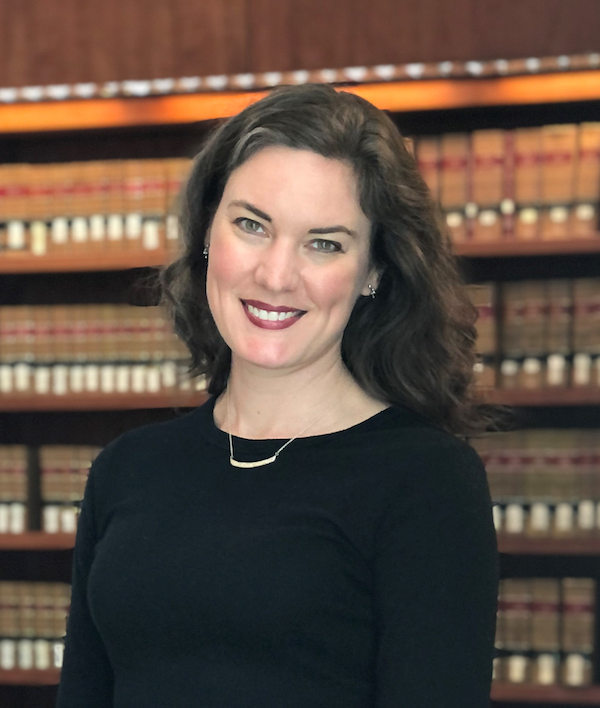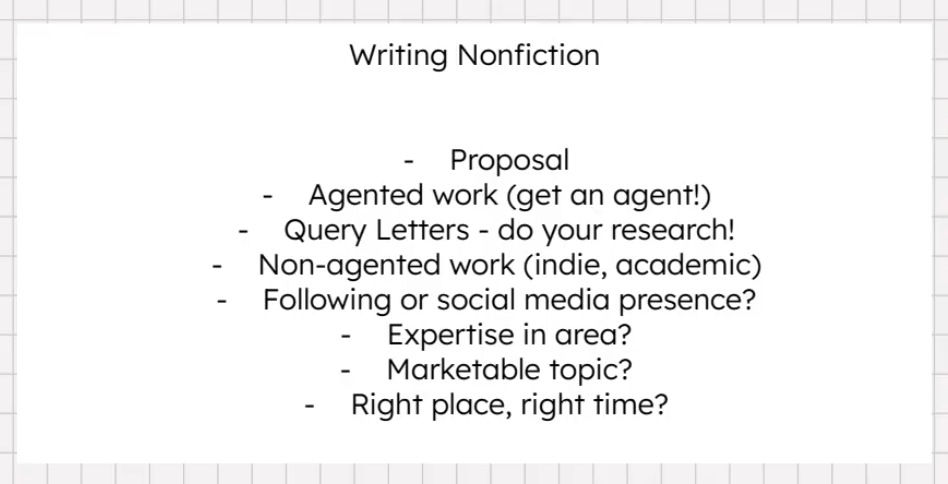Finding the Fire: Meredith Henne Baker on History, Publishing, and Purpose

“What on earth happened in Richmond with this fire that was international news back in 1811 and 1812?”
This wasn’t a line from a historical drama, but a genuine question posed by public historian and author Meredith Henne Baker during a recent talk with students at the Well-Trained Mind Academy. It also happened to be the question that launched her award-winning book, The Richmond Theater Fire: Early America’s First Great Disaster.
Mrs. Baker used personal stories to explain how she went from student, to teacher, to published author. Students enjoyed hearing about what a history major can do with their degree!
Contents
From Homeschooling to History-Making
Mrs. Baker began her talk by candidly sharing her own educational journey, which she described as less than ideal. She playfully called her 1990s homeschooling education as occurring during the “dark ages” since she didn’t have access to the fantastic materials and resources homeschoolers have today. As a result, she explained, her path to success wasn’t linear but rather characterized by persistence, curiosity, and an enduring love of learning.
Her message to students was clear: unconventional or challenging beginnings don’t disqualify you from achieving remarkable things. In fact, they can be the foundation for discovering your purpose.
Unearthing the Past: The Richmond Theater Fire
The moment that truly captured the students’ attention came when she shifted to her work as a historian and author.
Rather than giving a formal lecture, Mrs. Baker invited students into the thrilling world of historical discovery. She described how one intriguing question—what really happened during the 1811 Richmond Theater Fire?—led her to uncover a forgotten chapter of American history, culminating in her acclaimed book on the subject. Her investigative process and eventual publication offered a vivid example of how curiosity and scholarship can combine to create meaningful work.
Meredith Henne Baker’s award-winning book, The Richmond Theater Fire: Early America’s First Great Disaster, grippingly recounts the tragic 1811 fire and its profound impact on the young American republic, exploring public mourning, architecture, and the evolving sense of tragedy.
Writing and Publishing: A Behind-the-Scenes Look
Discussing her career as an author, Mrs. Baker didn’t shy away from the practical side of the writing life. She laid out the realities of publishing: how to develop a compelling book proposal, find the right agent, and build an author platform in today’s digital world.
“Writing books—it’s a business,” she told students. Her honesty about the commercial aspects of authorship gave aspiring writers a realistic view of what it takes to succeed.
The Public Historian in a Digital Age
A public historian is a trained historian who works outside of academic settings to share history with the public—through museums, media, archives, historic sites, and digital platforms. Mrs. Baker sees public historians playing a critical role in society in the age of misinformation and digital overload. Public historians are “going where people are online,” she explained, emphasizing the importance of trustworthy, well-researched historical voices in public discourse.
Her insight underscored a broader truth: the work of historians isn’t confined to dusty archives. It’s about engaging with the public, correcting misconceptions, and keeping history alive and relevant.
Practical Tools for Student Researchers
When students asked how to begin their own research, Mrs. Baker offered actionable advice. She emphasized the value of often-overlooked resources—state and local libraries, digital databases like JSTOR, and the expansive collections of the Library of Congress.
Her encouragement reminded students that great research isn’t only for academics—it’s something anyone can undertake with the right tools and mindset.
A Legacy of Curiosity and Connection
Meredith Henne Baker’s candid and insightful guidance served as encouragement for WTMA students to embrace intellectual courage. Her journey demonstrates that asking difficult questions, pursuing unconventional paths, and sharing one’s discoveries are essential elements of both academic and personal growth. We hope her visit inspires students to boldly follow their own intellectual fires—wherever they may lead.



